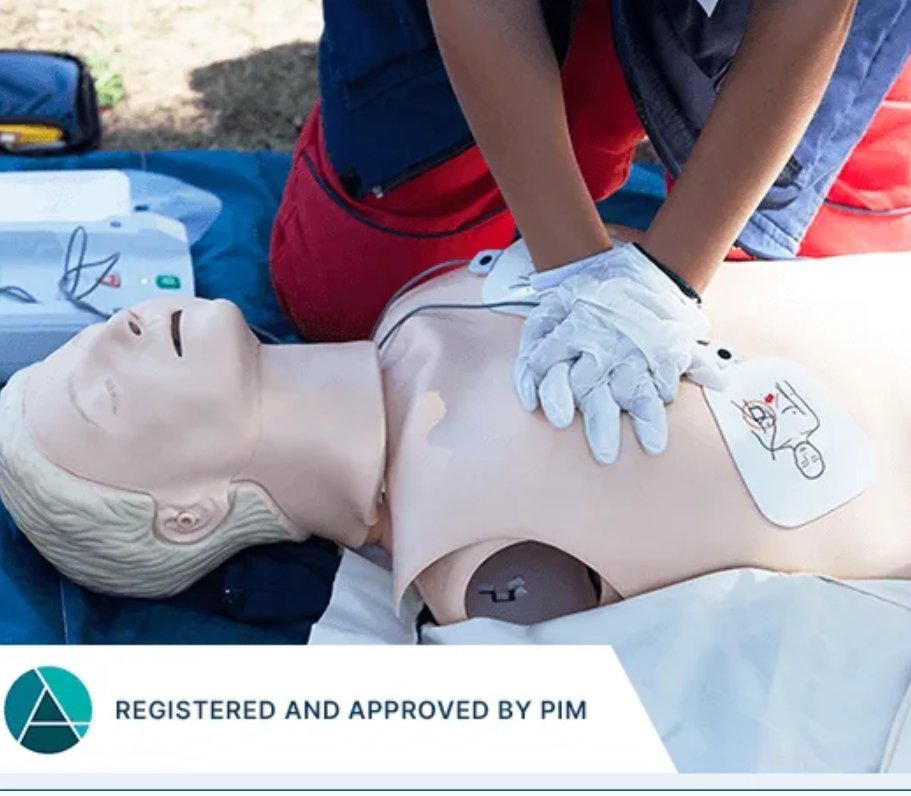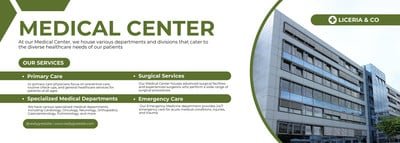What Are the Benefits of Being CPR-Certified Early On?

Getting certified in CPR early in life offers various benefits beyond personal safety. The advantages of early CPR certification are substantial, from enhancing your confidence and safety to expanding career opportunities and contributing to community well-being. This article will explore why it’s advantageous to be CPR certified early, detailing the practical and emotional benefits, the impact on your community, and how it can enhance your career opportunities.
Benefits of CPR certification early on
As you acquire a CPR certification at a young age, you prepare yourself to handle emergencies with confidence and competence. Here are some of the key benefits of obtaining CPR certification early:
1. Be prepared for emergencies
One of the most significant benefits of being CPR certified early is the ability to respond effectively in emergencies. Emergencies can occur at home, work, or while you’re out. By getting CPR certified, you equip yourself with the knowledge and skills. This preparation can save lives during cardiac emergencies, choking incidents, or other medical crises.
2. Increase your confidence
Being CPR-certified gives you confidence in your ability to handle emergencies. When you are faced with a situation requiring immediate action, having the skills and knowledge gained from CPR training allows you to take action confidently. This confidence is about knowing the correct techniques and trusting your judgment in high-pressure situations. Early certification means you have more time to build and reinforce this confidence, which can be empowering and reassuring.
3. Set a positive example
Becoming CPR certified early on allows you to set a positive example for others. Whether you’re a student, a young professional, or someone just starting in life, demonstrating a commitment to emergency preparedness can influence those around you. Your preparedness to obtain CPR certification may encourage friends and relatives to do the same. By leading by example, you contribute to a culture of safety and readiness in your community.
4. Expand career opportunities
Many professions require or highly value CPR certification, including healthcare roles, teaching positions, and jobs in public safety. Candidates with knowledge of CPR can help create a safer work environment and are seen more favorably by employers. Obtaining certification early might help you establish a job that appreciates and depends on these essential abilities.
5. Boost your academic and extracurricular activities
For students, being CPR-certified can provide an advantage over others in academic and extracurricular activities. Many schools and universities recognize the value of CPR training and may offer credit or special recognition for those who are certified. Additionally, CPR certification might be a big help if you participate in sports, clubs, or other activities. It shows accountability and preparedness, which is especially useful in team environments or leadership positions.
6. Contribute to community safety
Being CPR-certified means you’re contributing to the overall safety of your community. Emergencies can strike at any time, and having more individuals trained in CPR increases the chances that someone will be able to provide immediate assistance. Whether at home or in a public place, whenever you witness an emergency such as an accident, cardiac arrest, or any natural disaster, you can contribute to the community’s well-being by offering CPR skills to people in need.
7. Develop lifelong skills
CPR training provides you with skills that are not only useful in emergencies but also contribute to your overall knowledge base. The techniques and procedures learned during CPR certification, such as chest compressions, rescue breaths, and the use of an AED (Automated External Defibrillator), are valuable life skills. These transferable skills can be applied in various situations, making you a more competent individual in emergency and non-emergency contexts.
8. Build a foundation for advanced medical training
Getting CPR certified early provides a strong foundation for future medical training or advanced first aid courses. This early start familiarizes you with basic medical concepts, making it easier to understand and apply more complex skills later on. Whether you pursue a healthcare career or simply wish to be more prepared, early certification sets you up for success by giving you a head start in medical knowledge and practical application.
Conclusion
By earning your CPR certification, you gain valuable skills to help you be more prepared for unexpected situations. This qualification can substantially make a significant impact during an emergency, especially when medical assistance gets delayed. In such cases, you can come forward and save lives with the proper CPR techniques and contribute to the well-being of the patients. Therefore, getting a CPR certification at an early age is always recommended.





